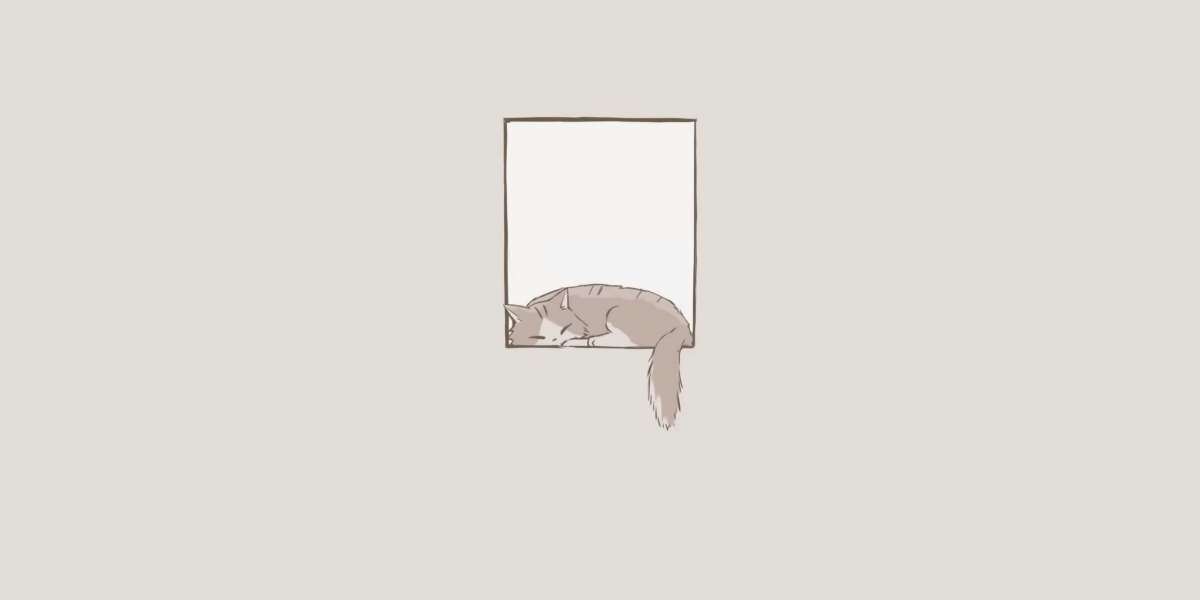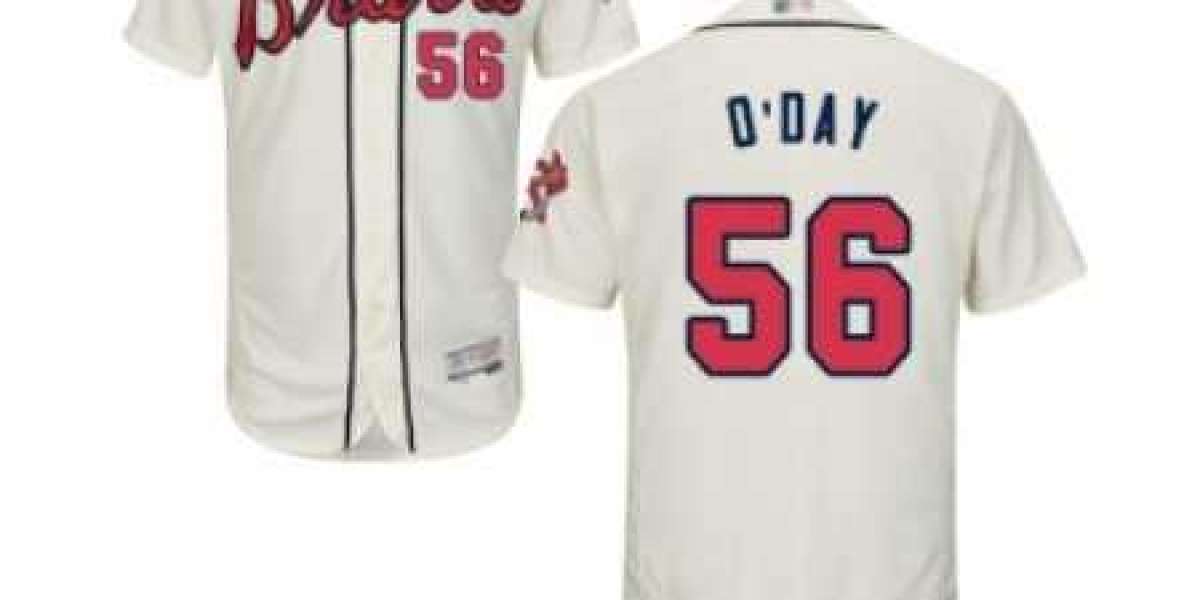In recent years, the fashion industry has witnessed a significant shift towards sustainability. As consumers become more aware of environmental issues, the demand for eco-friendly materials has surged. This blog post delves into the fashion trends that prioritize sustainability and the innovative materials that are shaping them.
Understanding Sustainable Fashion Trends
Sustainable fashion refers to clothing, accessories, and footwear that are produced with minimal environmental impact. But what exactly does this entail? It encompasses various practices, including:
- Using organic or recycled materials
- Implementing ethical labor practices
- Reducing waste through upcycling and recycling
These practices not only contribute to a healthier planet but also resonate with a growing demographic of consumers who prioritize ethical consumption. As a result, brands that embrace these fashion trends are gaining popularity and loyalty among eco-conscious shoppers.
Innovative Eco-Friendly Materials
One of the most exciting aspects of sustainable fashion is the development of innovative materials. Designers are increasingly utilizing alternatives to traditional fabrics, which often have a significant environmental footprint. Some notable eco-friendly materials include:
- Bamboo: A fast-growing plant that requires minimal water and no pesticides.
- Organic Cotton: Grown without harmful chemicals, reducing soil and water pollution.
- Recycled Polyester: Made from recycled plastic bottles, diverting waste from landfills.
- Hemp: A durable and biodegradable material that grows quickly and requires little water.
These materials not only reduce the environmental impact of clothing production but also offer unique textures and aesthetics that appeal to modern consumers. As these fashion trends continue to evolve, we can expect to see even more innovative materials emerge.
The Role of Consumer Awareness
Consumer awareness plays a crucial role in the rise of sustainable fashion. As individuals become more informed about the environmental and social implications of their purchases, they are more likely to support brands that align with their values. This shift in consumer behavior has prompted many companies to adopt sustainable practices and promote their eco-friendly initiatives.
How can consumers contribute to this movement? By choosing to support brands that prioritize sustainability, individuals can drive demand for fashion trends that are both stylish and responsible. Additionally, engaging in practices such as clothing swaps and second-hand shopping can further reduce waste.
Conclusion: The Future of Fashion Trends
The rise of sustainable fashion is not just a passing trend; it represents a fundamental shift in how the industry operates. As eco-friendly materials and ethical practices become more mainstream, the future of fashion looks promising. By embracing these changes, both consumers and brands can contribute to a more sustainable world.


